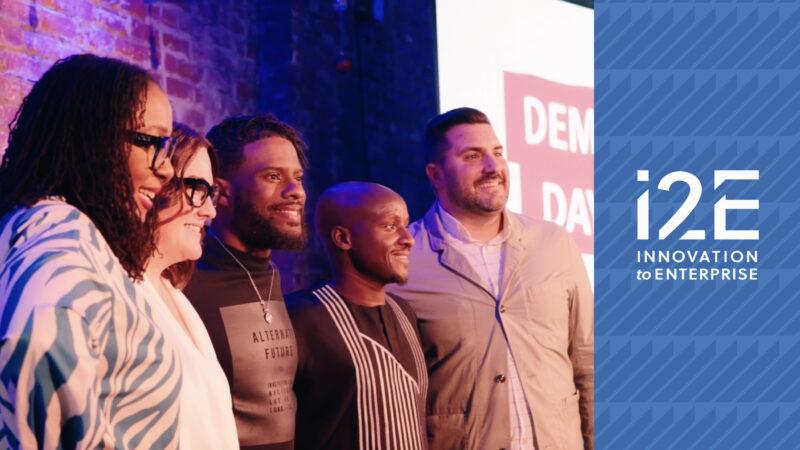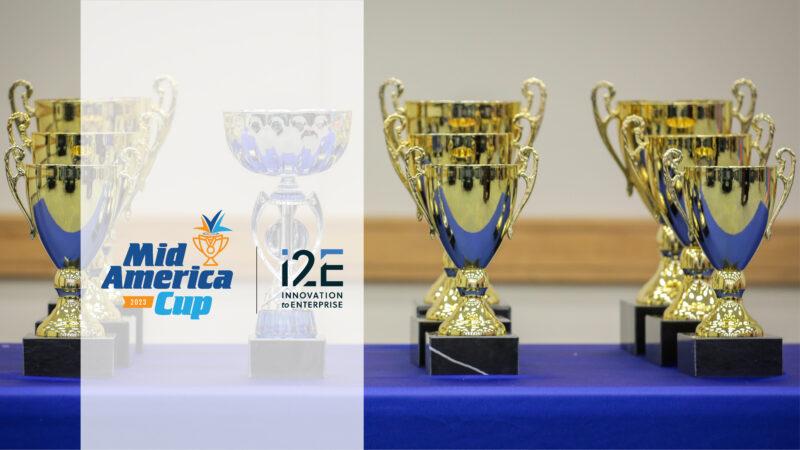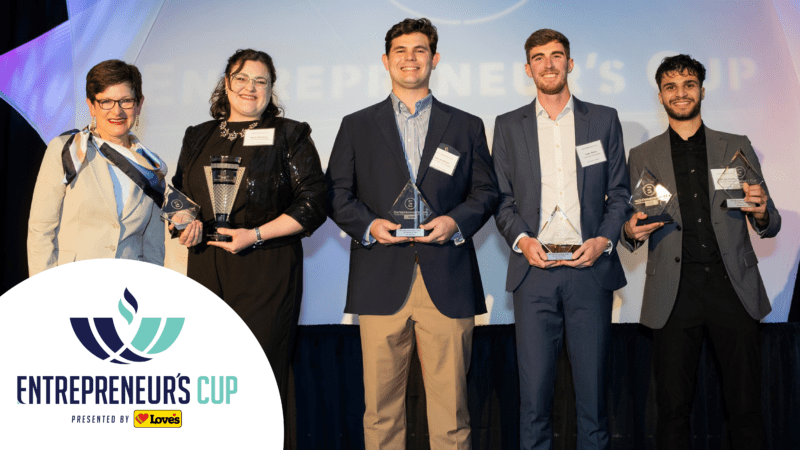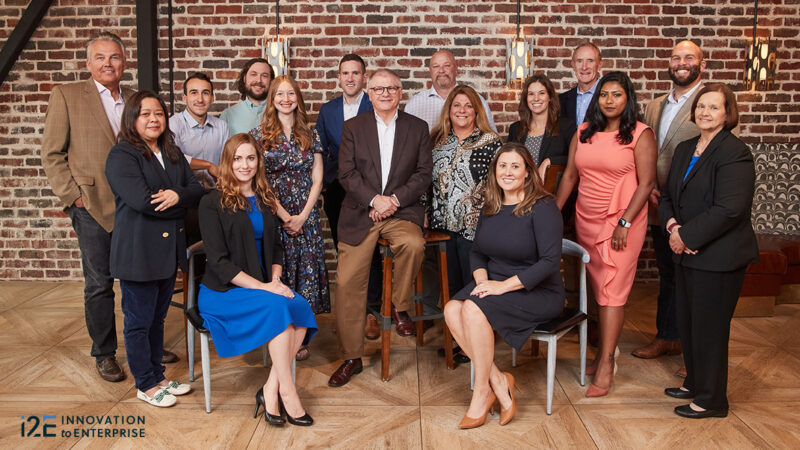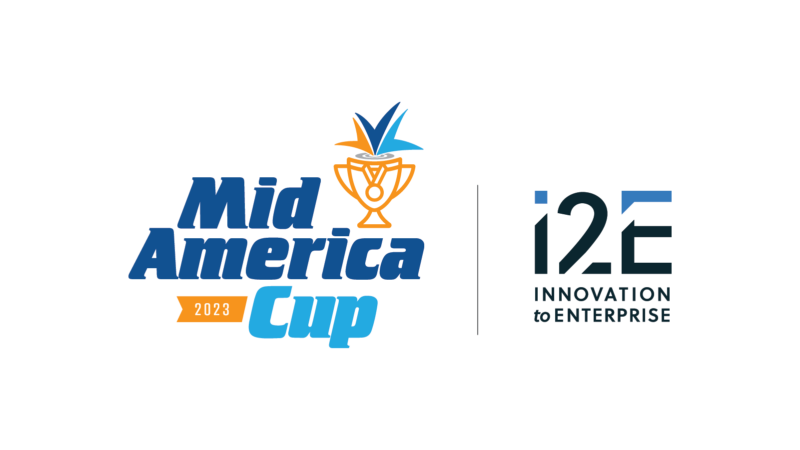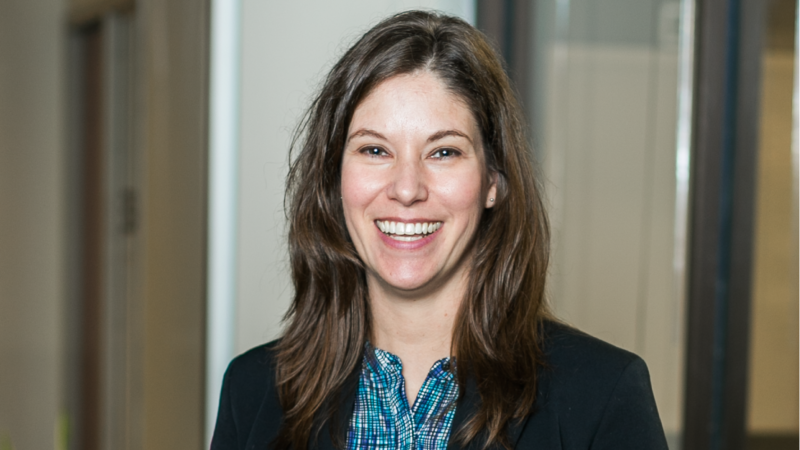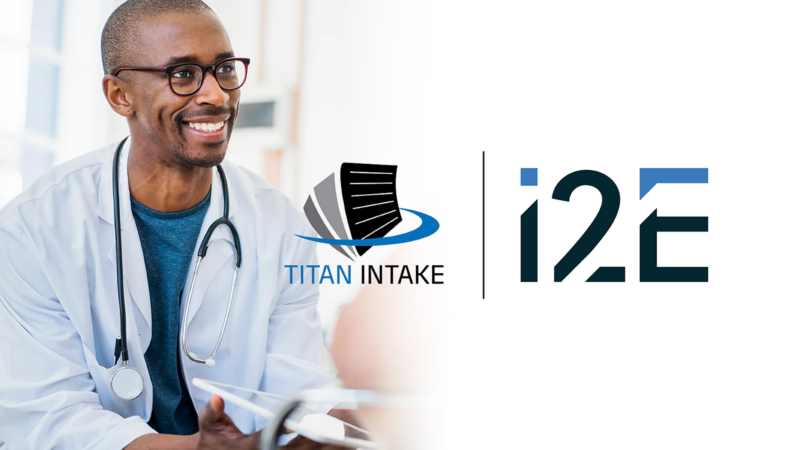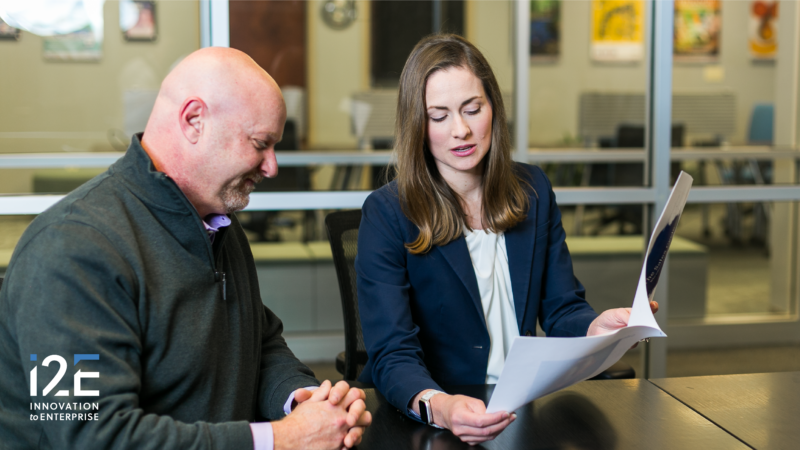By Scott Meacham
Copyright © 2015 The Oklahoma Publishing Co.
Dirk Spiers, president of Spiers New Technologies Inc., has a compelling vision for Oklahoma.
Spiers’ new company performs battery life cycle management of advanced battery storage packs. Working with electric car manufacturers, Spiers New Technologies grades and remanufactures used high-performance batteries. The company remanufactures the batteries to go back into electric cars like the Nissan Leaf or the Chevy Volt, or to become energy storage systems that holds excess energy from renewable energy sources, like solar, to provide a constant source of power when the sun is not shining.
“Oklahoma should become the energy state,” Spiers said. “Oklahoma has gas and oil, and lots of solar and wind. With our company, the state now has a position in batteries as well. Oklahoma should become the energy state, not just known for oil and gas alone.”
In business for less than 12 months, the startup is already doing business with some of the largest names in the automotive industry, including Nissan and General Motors.
Spiers came to Oklahoma a few years ago from his native Amsterdam to work. He and his team are at the sweet spot of two disruptive trends — the electrification of automobiles and the growing need for distributed energy and storage.
Car’s popularity grows
“There are more and more electric cars on the road,” Spiers said, “Even with car companies building more frugal gasoline-engine cars, driving the electric car is a better experience. You have instant torque. It is quiet, it is sophisticated, and you never have to go to the gasoline pump. People who drive electric cars don’t go back.”
The second disruptive trend — distributed energy distribution and storage — is evolving as the distance between where power is generated and consumed is getting smaller and smaller.
This means there have to be energy storage systems next to windmills and solar installations to retain excess energy and provide smoothing to create a stable energy source.
“Those advanced battery packs need TLC,” Spiers said, “and that’s what we do. There isn’t an OEM (original equipment manufacturer) in the industry that doesn’t know us, and we are in discussions with most of them.”
Spiers New Technologies has advanced algorithms that measure and grade each battery pack. Once that assessment is complete, the company either remanufactures the pack, recycles it, or converts it from vehicular use (which is relatively hard on battery packs) to stationary use in solar configurations.
Spiers New Technologies has a 24,000-square-foot facility with plans to add another 15,000 square feet. The company has received matching grants from the Oklahoma Center for the Advancement of Science and Technology for engineering talent and also is working with i2E on business development plans.
“So many great ideas went wrong because they were ahead of their time,” Spiers said. “We saw something when people said there is no business there. But if you have the right idea, you become a leader in a new sector. When there is a big shift you come to a fork in the road, you need to take a risk to create something unique and of lasting value. We are not afraid to take the risk.”
Scott Meacham is president and CEO of i2E Inc., a nonprofit corporation that mentors many of the state’s technology-based startup companies. i2E receives state appropriations from the Oklahoma Center for the Advancement of Science and Technology. Contact Meacham at [email protected].
Did you know? An electric airplane crossed the English Channel for the first time on July 10, 106 years nearly to the day of the first powered air flight across the channel.

